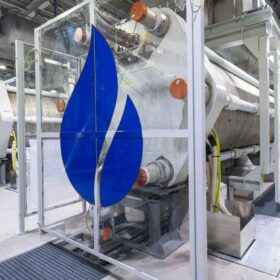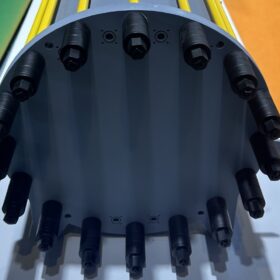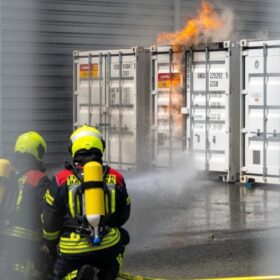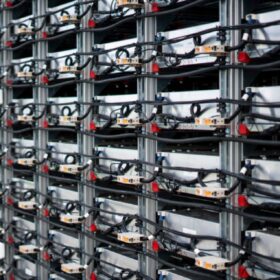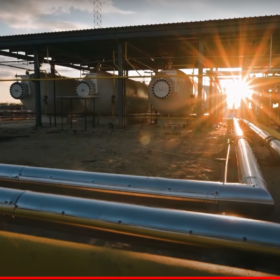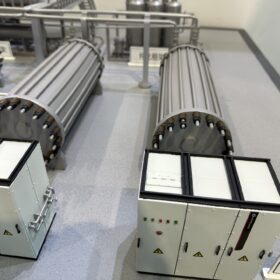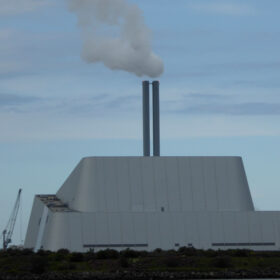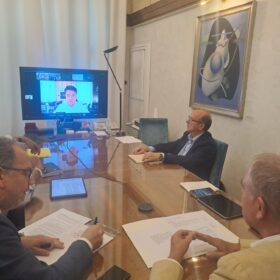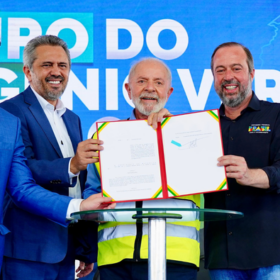The Hydrogen Stream: RWE starts green hydrogen production in Germany
RWE has commissioned a 14 MW pilot electrolyzer plant in Lingen, Germany, while Thyssenkrupp nucera says market uncertainty has slowed growth momentum, despite a 12% increase in third-quarter order intake.
Battery fires in South Korea prompt transparency requirements over EV battery origins
Multiple incidents, including deaths and evacuations, have led to the Korean goverment asking carmakers to voluntarily disclose the makers of batteries in their EVs, with some surprising results.
Offgrid PV-driven hydrogen vs. standalone solar-plus-storage
A German research team has compared the economic performance of an offgrid PV-electrolyser-fuel cell system with that of a standalone solar-plus-storage counterpart in a building in Niger. Its analysis showed that decentralized PV-driven hydrogen could achieve considerable lower levelized cost of energy and levelized cost of storage than the PV-battery system, with these values reaching €0.12 ($13.1)/kWh and €0.35/kWh, respectively.
Third battery fire at the same site in Germany
It’s the third time in two months that a battery fire has broken out on the premises of Suncycle in Germany.
Porsche reveals second-life battery at Germany plant
Porsche has revealed a battery energy storage system (BESS) at its Leipzig powered by second-life Porsche Taycan batteries. The project is based on a feasibility study in collaboration with the University of Applied Sciences Zwickau in Saxony, Germany.
The Hydrogen Stream: Clean ammonia supplies set to soar, says BNEF
BloombergNEF says clean ammonia supplies could expand by 30 times to 32 million tons by 2030, while MAX Power Mining has roughly tripled the size of its Rider Natural Hydrogen Project in western Canada.
New method to calculate levelized cost of hydrogen
Scientists in Australia have incorporated overload capacity and power-dependent efficiency of the electrolyser in a novel techno-economic model to calculate the levelized cost of hydrogen. The proposed methodology was applied to ascertain the impact of internalizing environmental costs on the cost-competitiveness of green hydrogen compared to grey hydrogen.
Coupling photovoltaics with waste-to-energy
Researchers have simulated the addition of PV plants and waste-to-energy systems in the Iraqi Al-Gharab region, that suffers from power cuts, and have identified the optimal size and locations for these hybrid plants, with the LCOE dropping by 7.7%.
Bee Solar, Huasun sign MoU to develop gigawatt-scale European supply chain
The Italian company and Huasun Energy are teaming up to produce wafers, cells and modules for the European market, with the aim to be the most cost-competitive in Europe. The two companies are working to start production in 2026.
The Hydrogen Stream: Brazil signs hydrogen support scheme
As Brazil starts its low-carbon hydrogen program, industry consolidation continues with two M&A operations in Italy and Texas.
